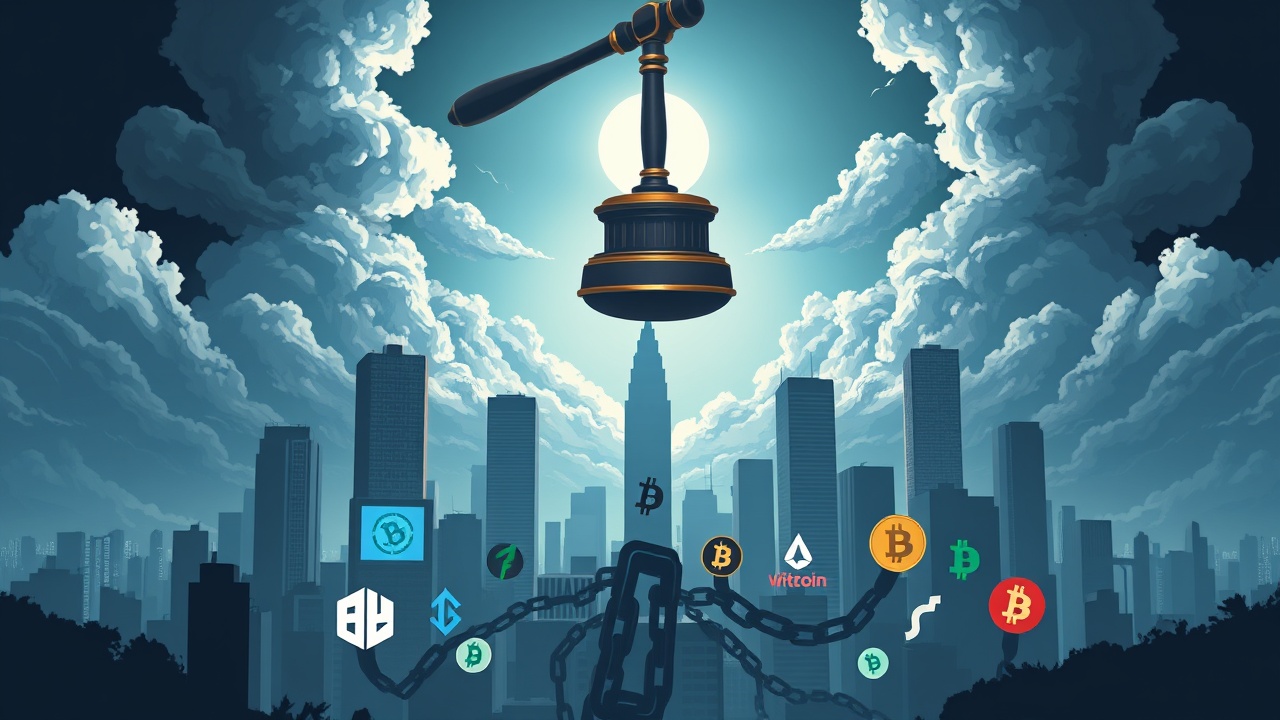Legal Challenges for Cryptocurrency Exchanges in the Philippines
In the Philippines, major cryptocurrency exchanges are encountering serious legal challenges as regulators express concerns over their operations in the country. The Philippine Securities and Exchange Commission (SEC) issued a warning on August 4, highlighting the rampant activity of offshore platforms that are illegally catering to local investors despite being unregistered. According to the SEC, these exchanges are violating stringent digital asset compliance regulations designed to protect Philippine citizens.
Regulatory Framework and Compliance
The advisory specifically pointed out that any individual or entity involved in offering, promoting, or facilitating access to cryptocurrency trading services must adhere to the regulatory framework established under Memorandum Circulars No. 4 and No. 5, which took effect in July 2025.
Identified Violators
Currently, the SEC has identified ten distinct exchanges breaching local securities laws: OKX, Bybit, Mexc, Kucoin, Bitget, Phemex, Coinex, Bitmart, Poloniex, and Kraken. These platforms are either aggressively marketing their services or are fully operational for Filipino users without the essential licenses from the SEC.
The SEC cautioned that this list is not comprehensive, suggesting that additional exchanges could also be in violation, warning the public that any platforms offering similar crypto services without appropriate registration are similarly acting unlawfully.
Previous Actions and Ongoing Concerns
Previously, the SEC had already put a stop to Binance’s operations within the country, yet it revealed that numerous other platforms still operate and market their products to Filipino residents without the necessary authorizations.
The Commission also expressed concerns beyond individual investor protection, noting the increased risk of unregulated crypto activities potentially fostering illicit money laundering. As these platforms evade compliance with the Anti-Money Laundering Act (AMLA), they are bypassing crucial controls for customer verification and suspicious transaction monitoring. The SEC indicated that this gap in oversight could expose the Philippines to international financial compliance issues.
Potential Enforcement Actions
Possible enforcement actions against these exchanges may include legal orders to cease operations, potential criminal charges, and collaborations with technology companies to mitigate exposure. Meanwhile, advocates within the cryptocurrency community are calling for a more cooperative stance from regulators, seeking to foster innovation while ensuring a safer digital asset environment.




